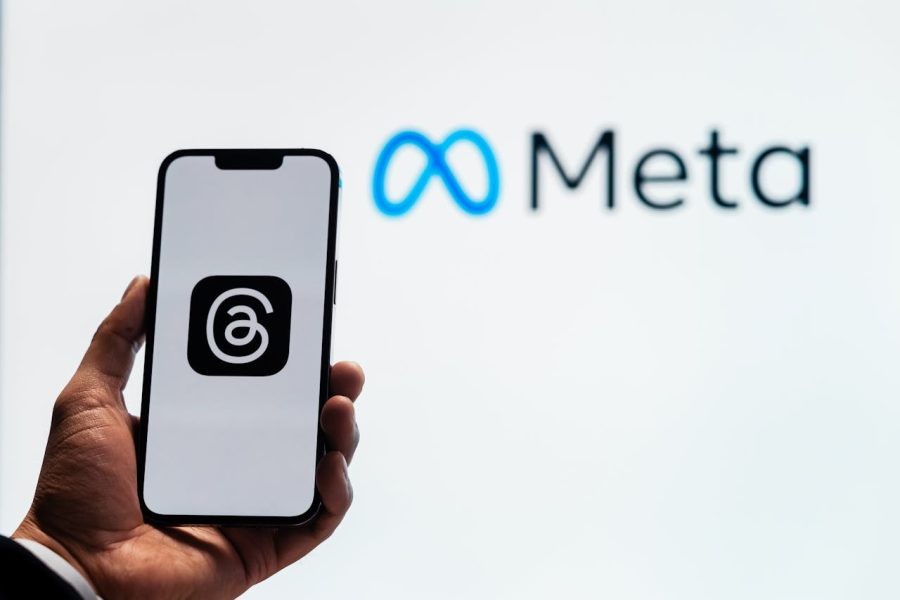Recently, Meta surprised the world by unveiling the prototype of its advanced AR glasses, the Orion. While a consumer-ready version is years away, the announcement set the tech world in a frenzy. The Orion is set to bring a versatile augmented reality experience to users that could change how we interact with the world and, most importantly, play games. We’ve discussed the glasses and their potential implications for mobile games in this article.
Has Mobile Gaming Reached a Plateau?
The video game industry generates more revenue each year than the film and recorded music industries combined. While mobile games are immensely popular, recent advancements tend to be in computing power and graphics rather than a change to the form. Both virtual and augmented reality represent a huge opportunity for a change to remote play.
That’s not to say that standard mobile gaming has lost its lustre. Anyone who has played at the top 5 highest paying online casinos will have experienced the thrill of playing high-payout slots and table games on the go, with payments facilitated with ease. That said, a product such as Orion could integrate with these games for an even more immersive experience.
What are the Orion Glasses?
The Orion glasses are an AR headset that is confined to the size of sunglasses. The screens contain large holographic displays that can overlay 2D and 3D content over the physical world. The Orion headset integrates machine learning to better contextualise the physical environment to make the experience more intuitive.
According to a Meta press release, the lightweight glasses have an in-built AI assistant that helps users interact with the world and easily connect with their friends and family. The potential applications are endless, whether it be through taking photographs, messaging, and web browsing.
Potential for Gaming
While Meta’s announcement didn’t go into specifics about its potential uses, there’s no doubt that gaming could be a fundamental part of its selling point. Several smartphone AR titles have become hugely successful, with Pokemon GO and Walking Dead two notable examples. However, the AR displays are limited to a small square of screen.
Orion’s glasses have a 70-degree field of vision, which opens the potential for realistic image projections that are experienced naturally. A recent CNET product test saw the reviewer experience a starfighter game controlled by head movements, while another game saw a two-player pong-style table tennis game unfold over a table.
However, the applications could further be expanded to see racing games, first-person shooters, and even platformers effectively translated into the glasses lenses. Of course, there’s also the growing trend of gamification in apps that will undoubtedly continue. Joggers running laps could see metrics and achievements as they exercise, while someone shooting a basketball into a hoop could gamify their experience to improve their play.
What makes the Orion so special when compared to VR headsets such as the Apple Vision Pro is that the size and wearability of the glasses are much more consumer-friendly. With greater market reach, the video game industry is much more likely to invest in ground-breaking titles that push games into a new era.
Orion: A Revolution for Mobile Gaming
With the Orion now undergoing external testing, it’s only a matter of time before a consumer model is released to the market. If Meta manages to create a product that is fashionable, functional, and affordable, it may just help to transform the mobile gaming sector for the better.






 Your total news and information resource for all things Science, Technology, Engineering / Mathematics, Art, and Medicine / Health.
Your total news and information resource for all things Science, Technology, Engineering / Mathematics, Art, and Medicine / Health.
Leave a Comment